On the Tour de France trail (1)
9 July, 2018
How about combining a camping holiday with getting to see the world’s greatest cycling event? The Tour de France cyclists are once again crossing the country between 7 and 29 July, which is of course the perfect opportunity to witness it in person. If you’d like to know the best place to park your motorhome or pitch your tent, here are five camping tips for making the most of the French landscape and the Tour de France. Today, part 1 with the first two tips.
The 105th edition of the Tour is an almost 100% French affair. Only 16 of the 3,351 kilometres to be covered are over non-French territory. While the starting point is quite often elsewhere in Europe – last year it was in Düsseldorf – virtually the entire Tour is now in France. That’s good news for campers in France also wishing to take in some of the Tour during their holiday.
In Part 1, here are two camping tips for the start of the Tour de France. In this first part, the cyclists ride in nine stages from the Atlantic coast in the Vendée to the city of Roubaix – sacred to cyclists – on the Belgian border.
Tip 1: Le Grand Départ in Pays de la Loire
Saturday 7 July, Sunday 8 July and Monday 9 July
The starting shot for the Tour de France will be fired in the Pays de la Loire region; on the island of Île de Noirmoutier, to be precise. This special island can ‘simply’ be reached from the mainland by road; there’s no bridge or ferry here. That means you have to get your timing right, since the Passage du Gois is submerged in water, only appearing at low tide. This slippery road was also on the route map in 2011 and 1999, with the latter crossing being particularly notorious. Michael Boogerd had to quit the competition following a mass pile-up on the Passage du Gois, causing Switzerland’s Alex Zülle to lose six minutes to the subsequent winner Lance Armstrong.
The Tour cyclists have thus been warned, since they’ll be leaving the island along this same road; and 201 km further, in Fontenay-le-Comte, is where we’ll see who first gets to don the yellow jersey. Anyone staying in this region between 7 and 10 July won’t in fact be able to avoid the Tour, since the cyclists will also be in Pays de la Loire on Sunday 8 July (flat ride from Mouilleron-Saint-Germain to La Roche-sur-Yon) and Monday 9 July (team time trial in Cholet).
While that means there are plenty of options to see some action, you’ll by no means tire of the amazing surroundings either. Get on a bike yourself or put on your walking shoes. You’ll soon realise why this region, brimming with woodlands, hills and castles, is also known as the garden of France. Along the Loire you’ll not only marvel at the landscapes, you’ll also discover the bustling regional capital Nantes and numerous untouched French towns and villages.
Not to be missed are the beaches and resorts along the Atlantic coastline. In La Baule – also the starting point for stage four on Tuesday 10 July – and Les Sables-d’Olonne you can not only unwind on the wonderful beach, but also enjoy a snack or a drink at the boulevard’s cafes. In terms of cuisine the Loire region is famous for its fresh fruit and vegetables, the splendid local wines and rillauds d’Anjou (braised pork belly). Fish aficionados in particular are in for a treat on the coast, and the oysters from this region are renowned for being the best in the world.
Tip 2: The charm of Brittany
Wednesday 11 July and Thursday 12 July
After the cyclists have left the Pays de la Loire, they’ll be heading off to Brittany. Stage five commences in Lorient and ends in Quimper, and a day later the peloton will be riding from Brest to Mûr de Bretagne. Awaiting the cyclists here is a spectacular yet difficult arrival along the 2 km climb of the same name, with an average gradient of 6.9%. Who knows, your favourites might seize their first opportunity here before the final victory, with someone else wearing the yellow jersey after this stage.
If you’re also spending your holidays on the French peninsula during that period, you have two options for coming across the Tour Team and cheering on your favourites. However, your other days there will also fly by in these varied surroundings with rugged coastlines, wide beaches and wonderful islands.
In the south of Brittany you’ll find amazing beaches, suitable for sun worshippers and water lovers alike. The area surrounding Quimper in particular, in the Bay of Concarneau, is a surfers’ paradise. The Côte de Granit Ros in the north attracts plenty of attention. An impressive coastline with the most astounding rock formation in pink hues. The Bay of Morlaix, with the charming port town of Roscoff and the charming Ile de Batz, is one of this region’s highlights.
The French nobility had already discovered Brittany’s beauty centuries ago, meaning you can nowadays also enjoy their imposing country houses and castles. These constructions mostly date from the Middle Ages and the Renaissance, also the time when the mythical forest of Brocéliande became famous. This forest, located in the heart of Brittany, is where the legend of King Arthur was set. It still retains an enchanted feel, and you’ll wander past special attractions such as the Tombeau de Merlin (part of a megalith) and the Fontaine de Barenton, a spring from the legends concerning Merlin and King Arthur.
Part 2 appears in this blog next week. I’ll take you further along the Tour de France route 2018 and give you three more tips for combining your holiday in France with a visit to this cycling spectacle.


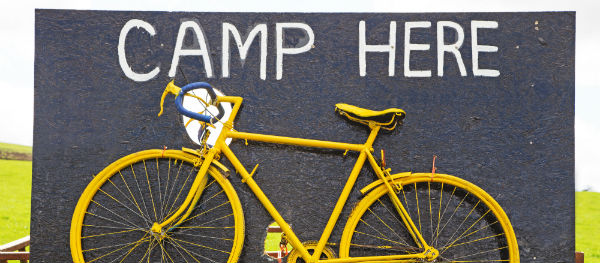
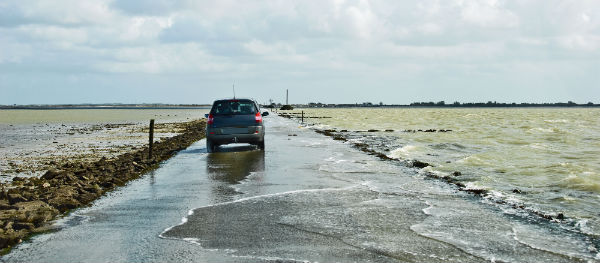
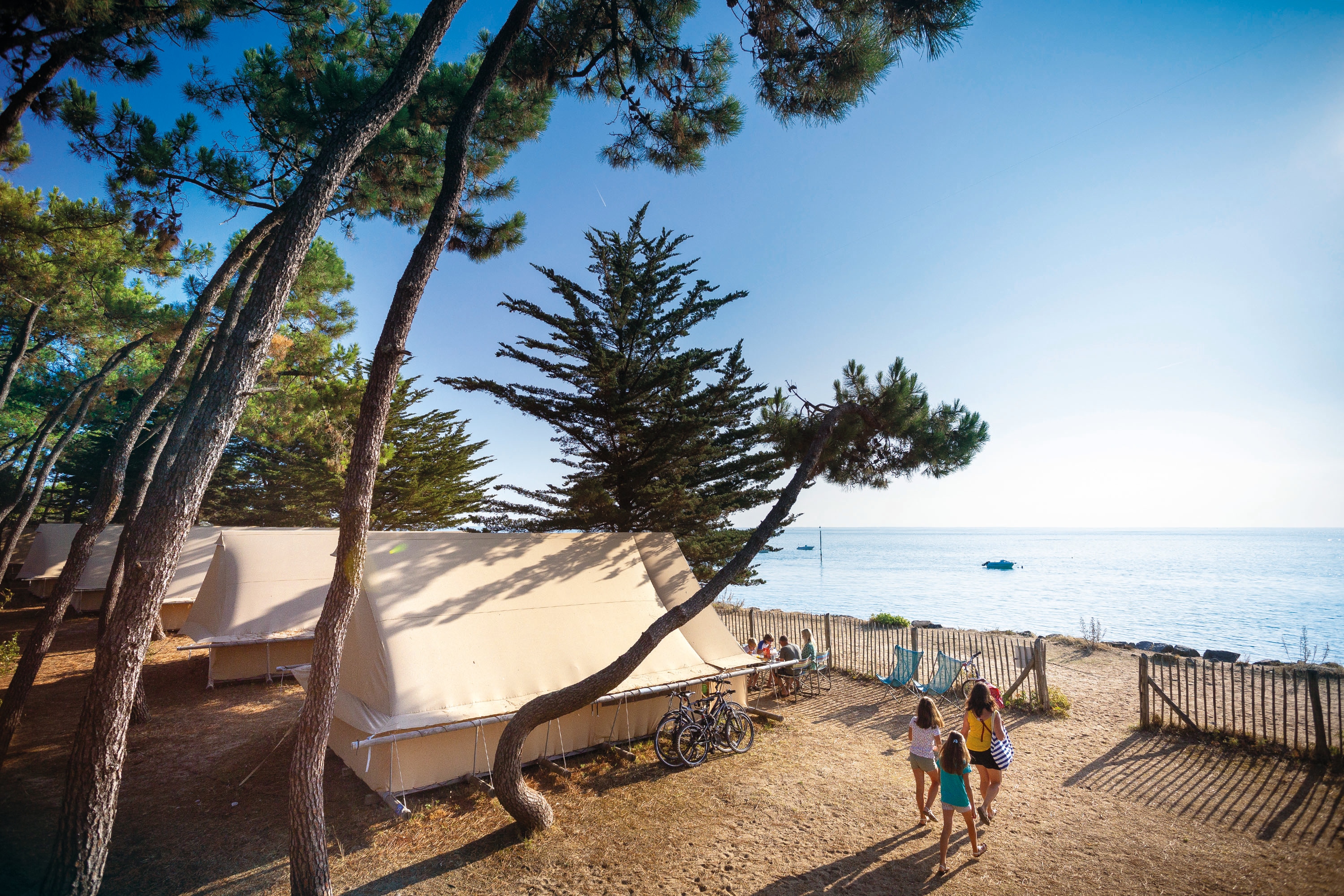
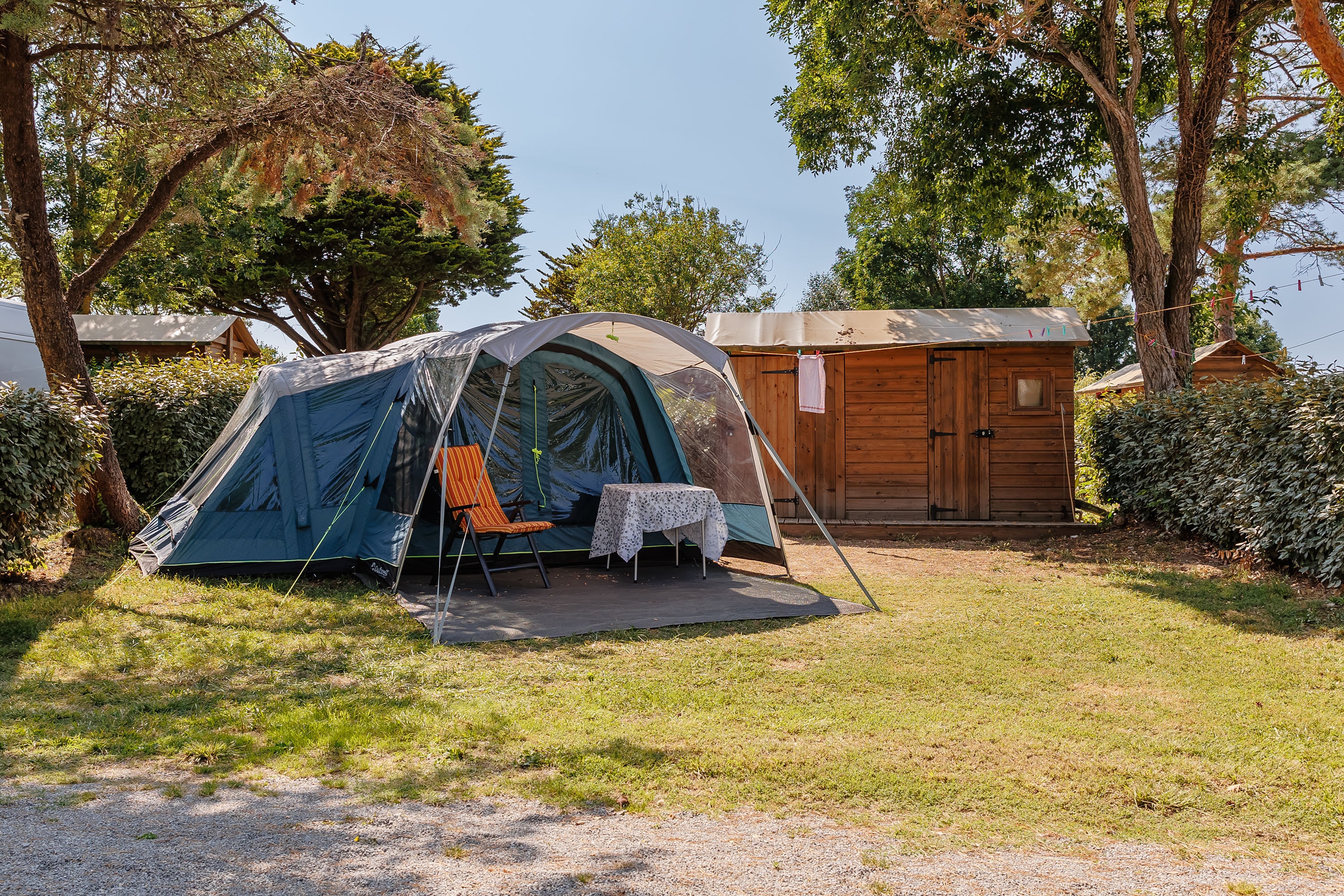
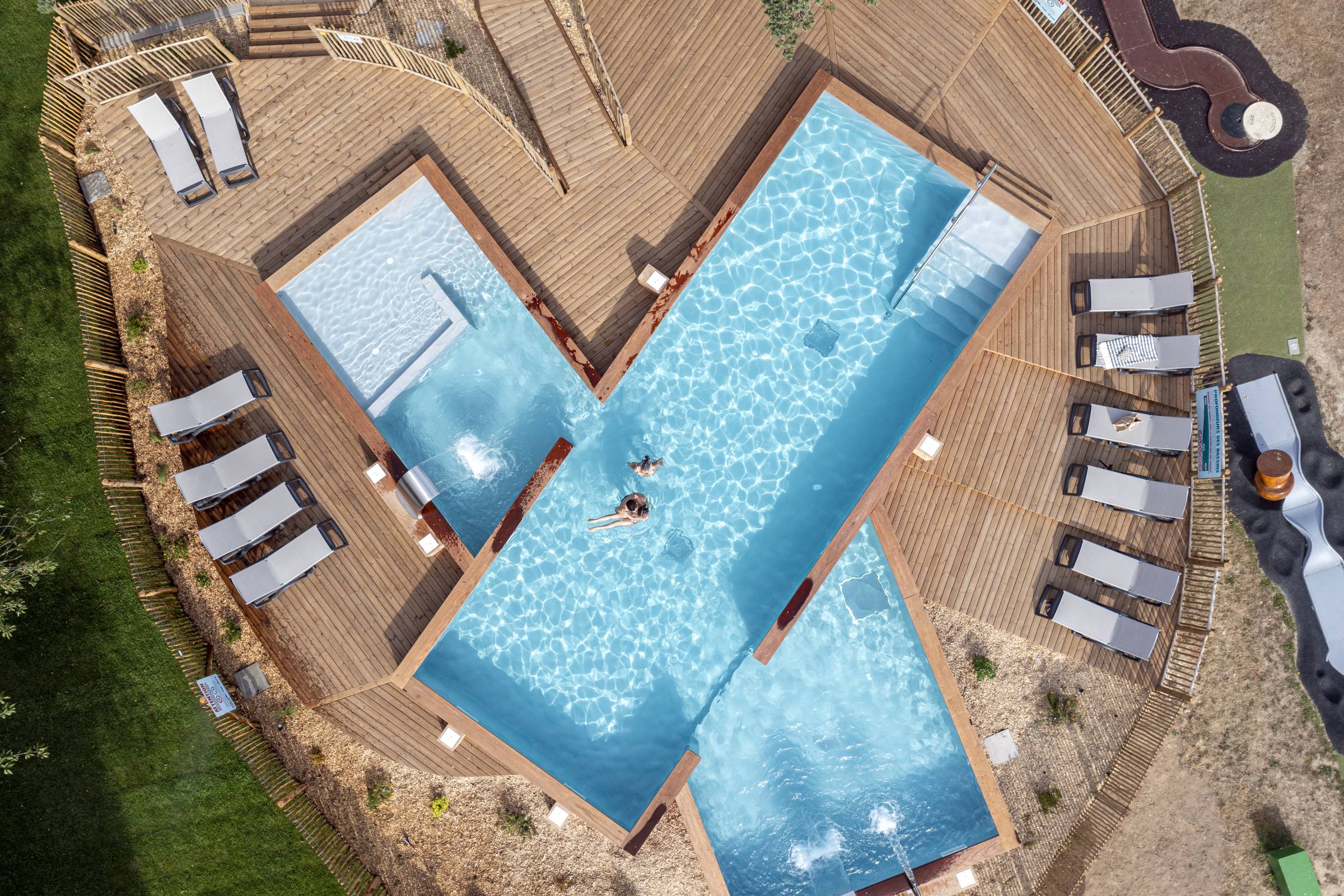
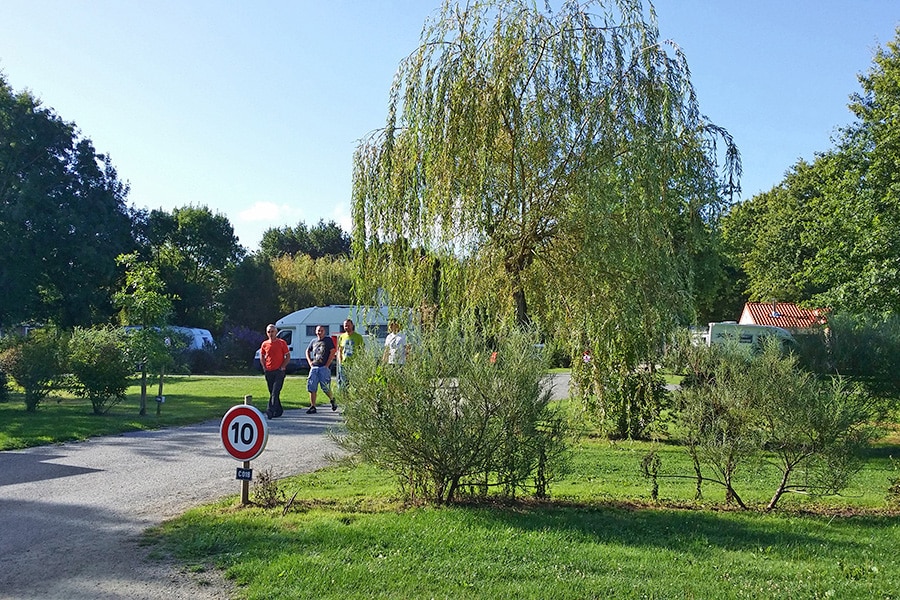
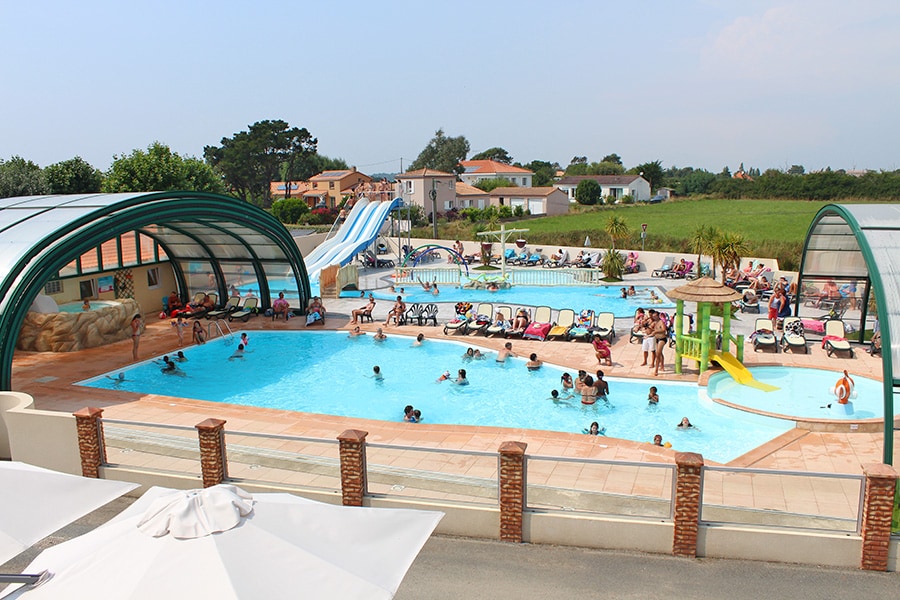
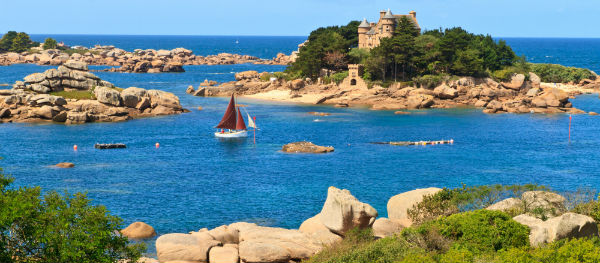
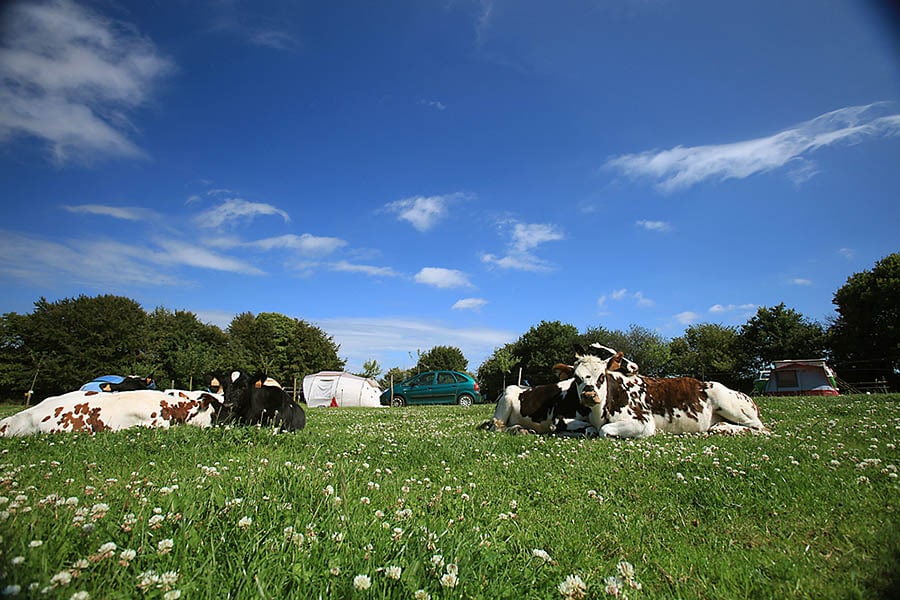
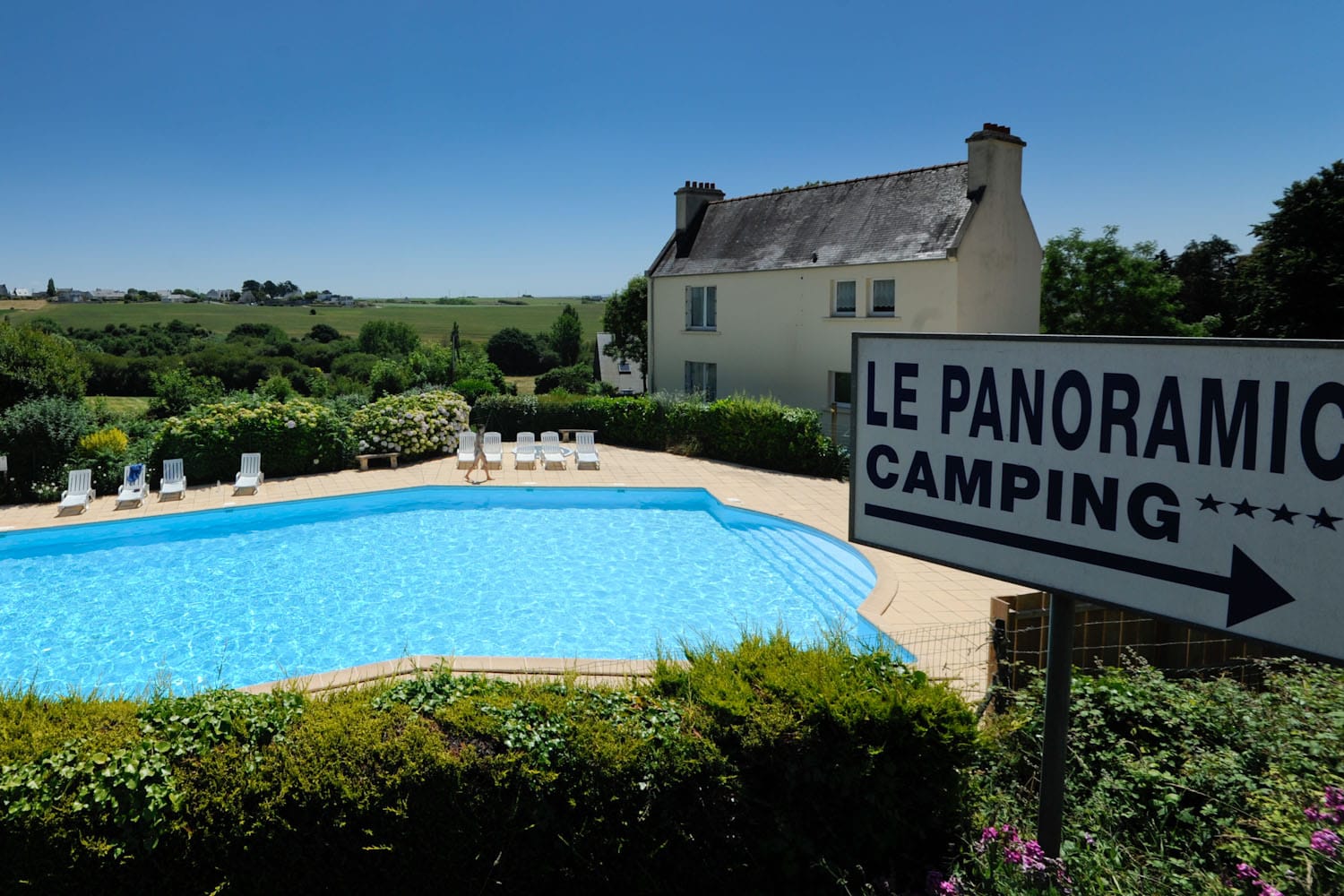
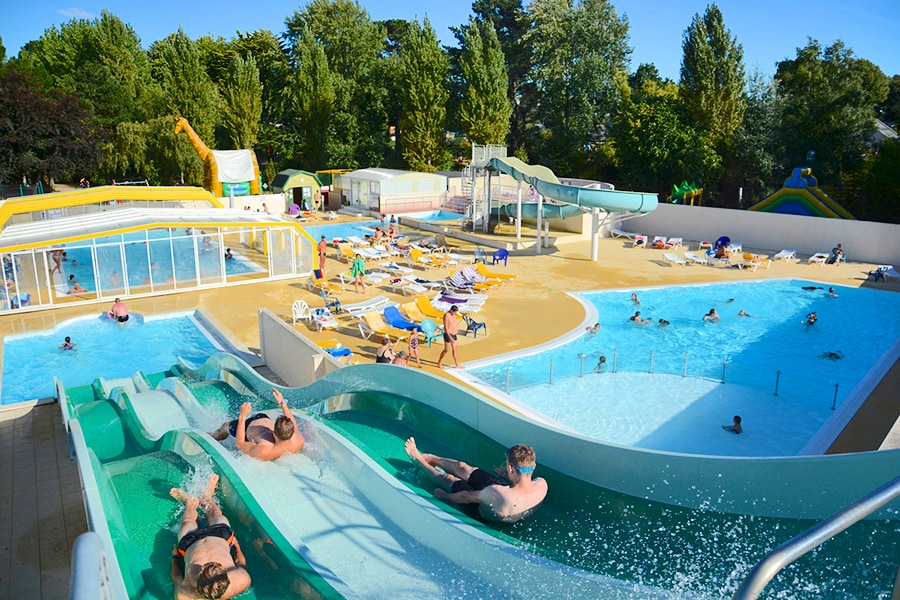
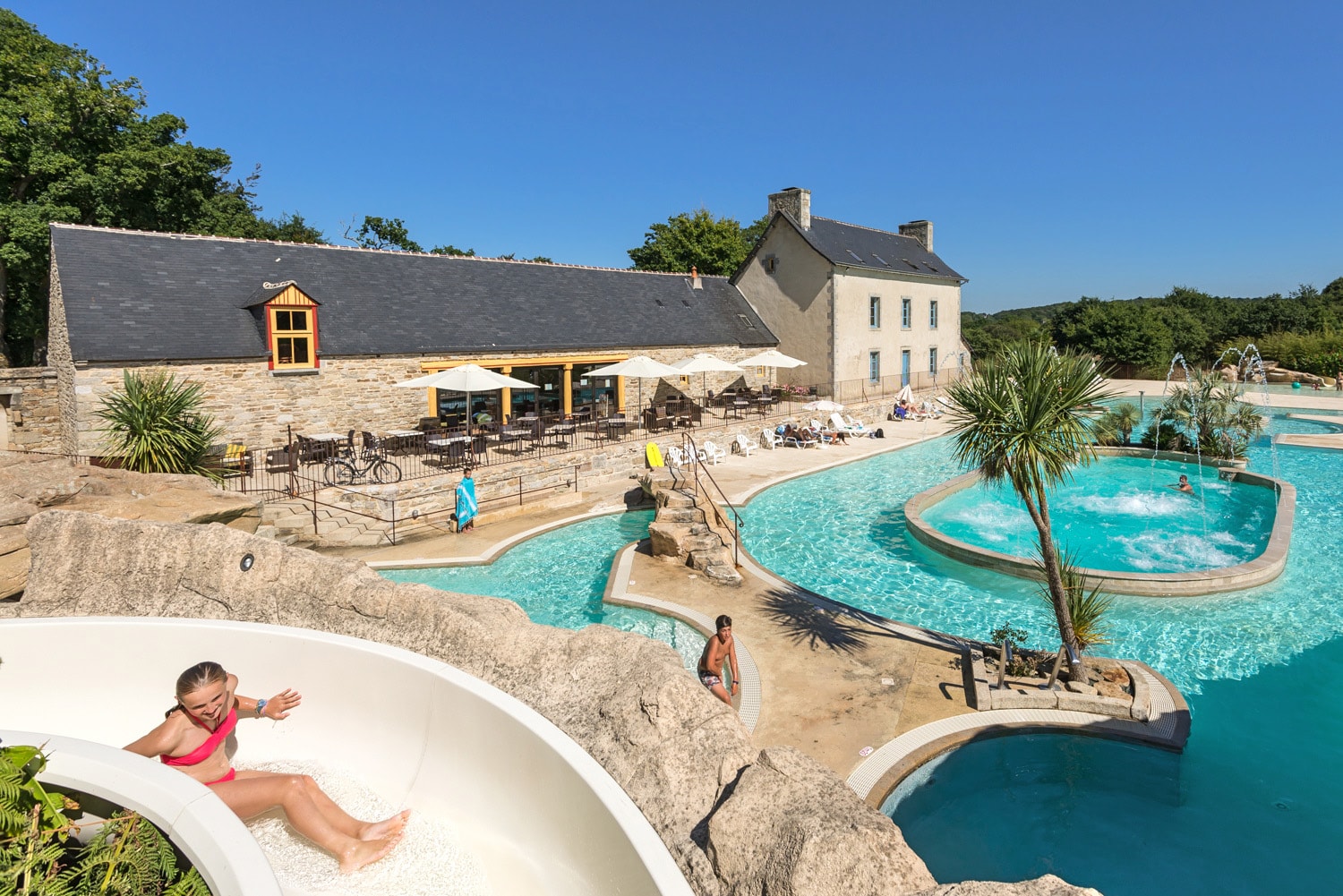
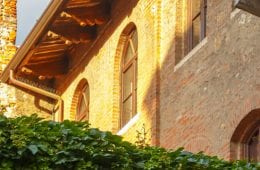
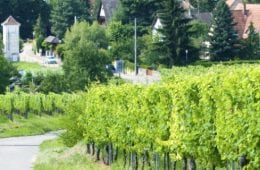
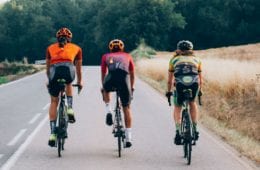





Latest comments